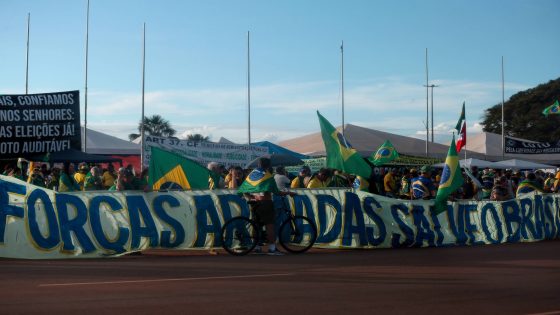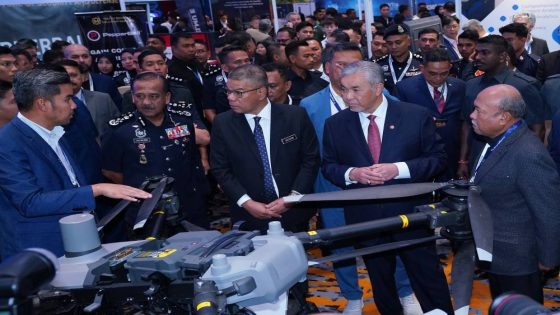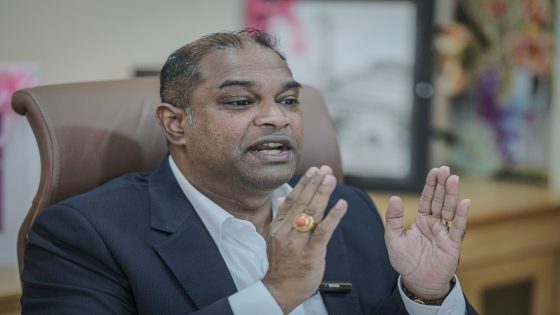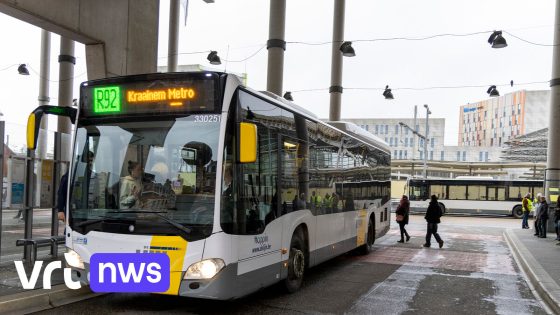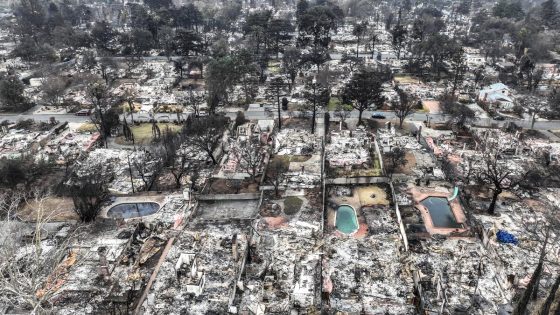On February 24, 2025, shocking audio recordings emerged revealing a military officer’s strategy to influence coup supporters following Jair Bolsonaro’s election loss. The tenente-coronel Guilherme Marques de Almeida discussed planting ideas from the late Olavo de Carvalho, a controversial figure in Brazilian politics, among protest groups. What implications does this have for Brazil’s political landscape?
- Military involvement in coup planning revealed
- Olavo de Carvalho's ideas influencing protesters
- Economic pressure as a coup mechanism
- Calls for military action outside constitutional limits
- Audios detail military strategies post-election loss
Military’s Role in Brazilian Coup Attempts Raises Alarms for Democracy
How far will military influence reach in Brazil’s political turmoil? The recent revelations about military officers discussing coup strategies indicate a troubling trend. Almeida’s comments suggest a coordinated effort to undermine democratic processes by leveraging economic pressures and public protests. This situation poses significant questions about the future of Brazil’s democracy and the military’s role within it.
Key Strategies Discussed by Military Officers in Coup Planning
The leaked audios detail specific strategies proposed by military personnel to facilitate a coup. Almeida emphasized the need for economic pressure, suggesting that wealthy investors could sway Congress to act against the current government. This raises critical concerns about the intersection of wealth, politics, and military influence.
- Utilizing Olavo de Carvalho’s ideas to sway protestors.
- Encouraging economic strikes to pressure legislative action.
- Advocating for military intervention under the guise of restoring order.
- Shifting protests from military headquarters to Congress for greater impact.
Implications for Brazil’s Political Future
The discussions among military officers reveal a dangerous willingness to step outside constitutional boundaries. Almeida’s comments about potentially invalidating elections and introducing new voting methods suggest a serious threat to democratic integrity. As the situation evolves, the implications for Brazil’s political future remain uncertain.
International Concerns and the U.S. Response
As Brazil grapples with these revelations, international observers, particularly in the U.S., must remain vigilant. The potential for military-led political upheaval could destabilize not only Brazil but also the broader Latin American region. It’s crucial for the U.S. to engage diplomatically to support democratic institutions and prevent authoritarianism from taking root.



